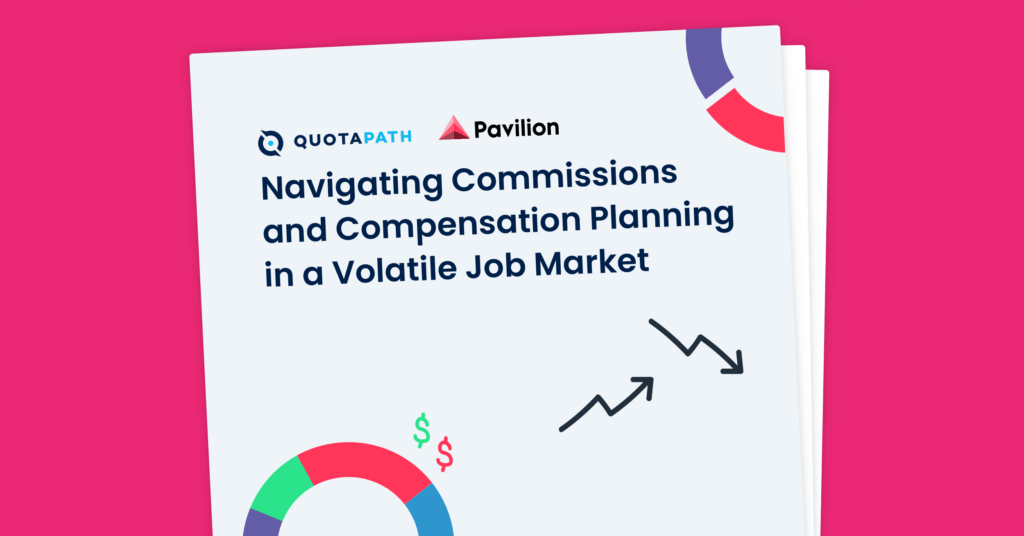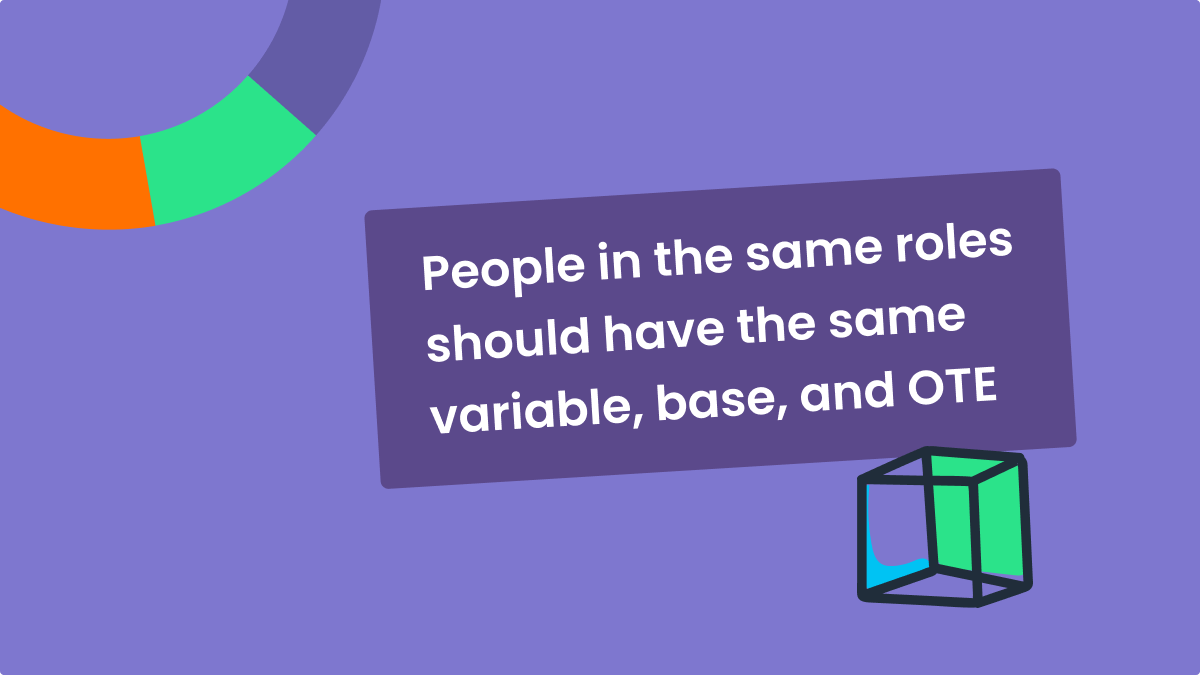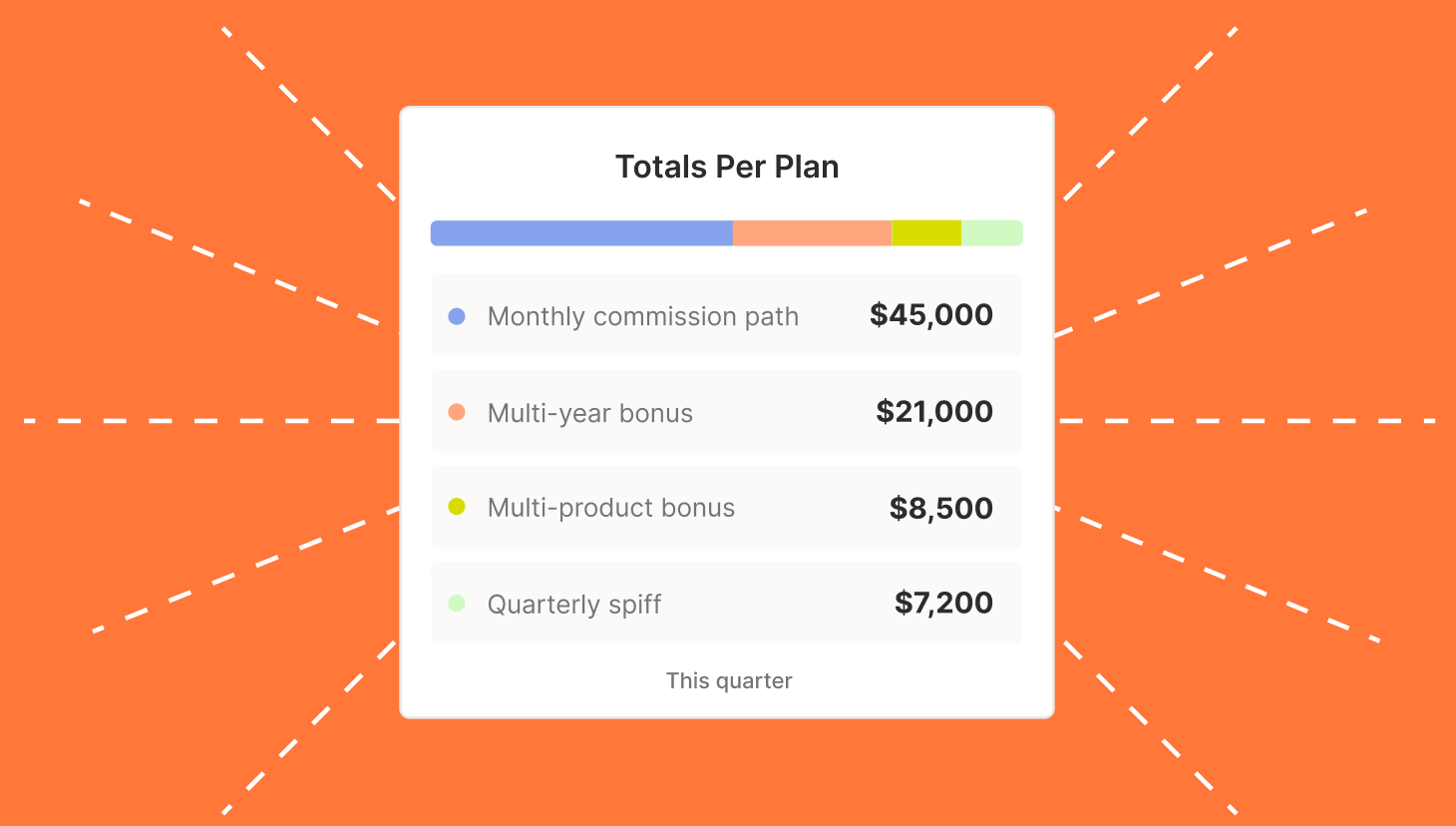QuotaPath’s Senior Director of RevOps, Ryan Milligan, presented on sales compensation transparency at the ‘Hot Takes Live’ event hosted by the lead scoring platform Breadcrumbs. Below, he shares his “hot take.”
I care a lot about sales compensation, and I believe it should be public and equal for everybody.
One of the things I run into a lot is that companies assign different quotas and pay different comp plans to people within the same roles.
That could be due to rep tenure or different territory assignments. But when this happens, reps have different base salaries, on-target earnings (OTE), and variable comp. All of which I am firmly against. I feel very strongly that within your sales organization you need to have people in the same roles with the same variable, base, and OTE.
Here’s how I think about this.
This can lead to inequity if you don’t build this process fairly from the start.
Comp transparency within the sales team
Additionally, there’s a lot of transparency in the job market itself, but not as much within sales teams.
I’ve talked to a lot of sales teams where one AE didn’t know that she made less than another AE in the same role, who had more tenure and a better territory.
So, as we’re adding transparency to the job market, we also need to add it internally with our sales teams.
At QuotaPath, we have an Account Executive, an Account Executive II, and a Senior Account Executive role. Each rep with the same title shares the same variable and base, and as they get promoted they earn a higher base and variable as they level up to AE II or Senior AE.
That should be public, and every rep should know and understand the varying levels of OTE for positions within the org.
Why sales compensation transparency is important
Sales compensation transparency is important for a couple of reasons.
One, it removes preferential treatment. We’ve all talked to the sales teams that began as founder-led sales. Then eventually a startup grows to have three reps. The first three reps brought on board did really well. Then reps five through 17, don’t do as well, because they’re not getting those great deals handed off from the CEO.
We want no preferential rep treatment. We want every single rep to have the exact same shot at winning.
Secondly, it gives growth visibility to your team. When a rep can see their path to success and the comps that follow promotions, they are less likely to look for another job.
And finally, something I care very much about — it makes the sales commissions process easier. You have the same commission rate across your teams, and quota-to-OTE ratios that your reps understand. It’s easier to calculate on the Ops side and easier for your team to tie deals to earnings.
As a result, you have a commission and comp process that is equitable and fair for your organization — and happy reps.

Navigating Commissions & Compensation Planning in a Volatile Job Market
Learn how four leaders approach sales compensation strategy to accommodate today’s economic landscape.
Download nowMake sure to implement a comp plan easily understood by your reps, that’s public-facing, and standardized across roles.
About Compensation Hub and QuotaPath
QuotaPath aims to deliver sale compensation transparency to scaling revenue teams. With real-time insights into earnings, attainment, forecasted commissions, and quota retirement, QuotaPath’s commission tracking software motivates teams to bring in the next deal. RevOps and Finance teams can explore adjustable sales comp templates and models within Compensation Hub, a free and ungated comp planning resource, then automate the process entirely in QuotaPath. Sync your CRM and trust the data is accurate.



